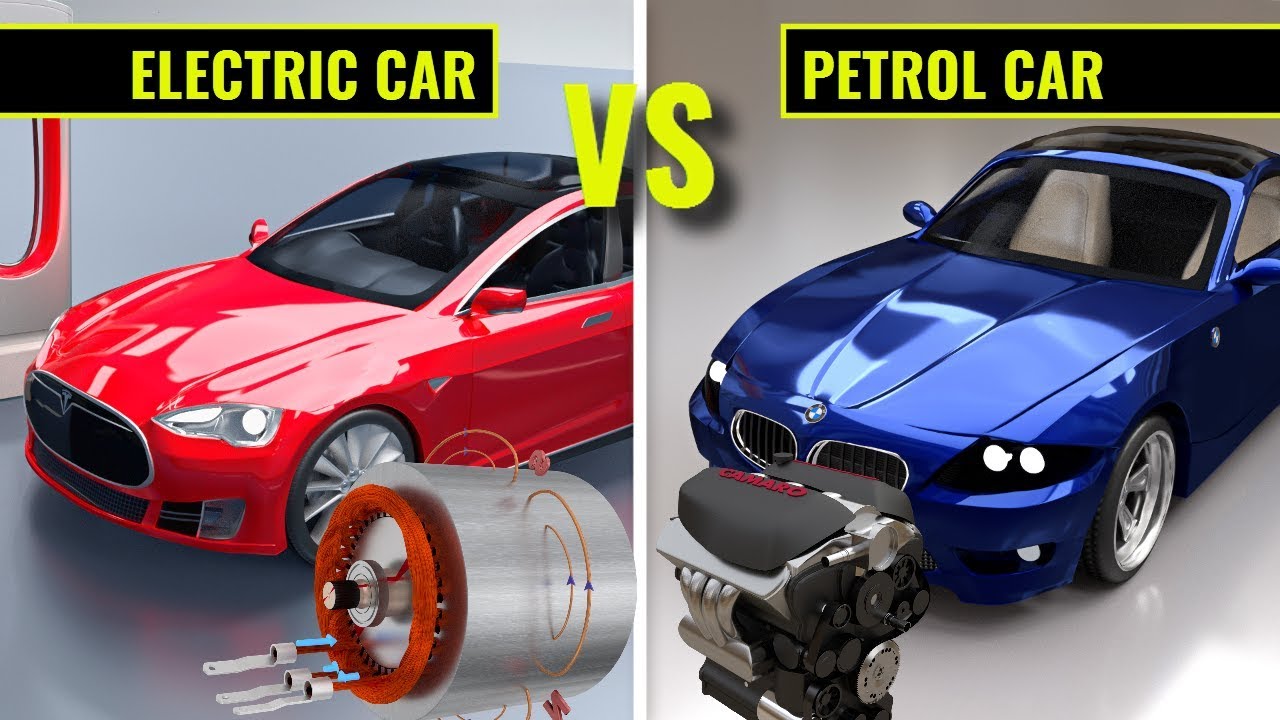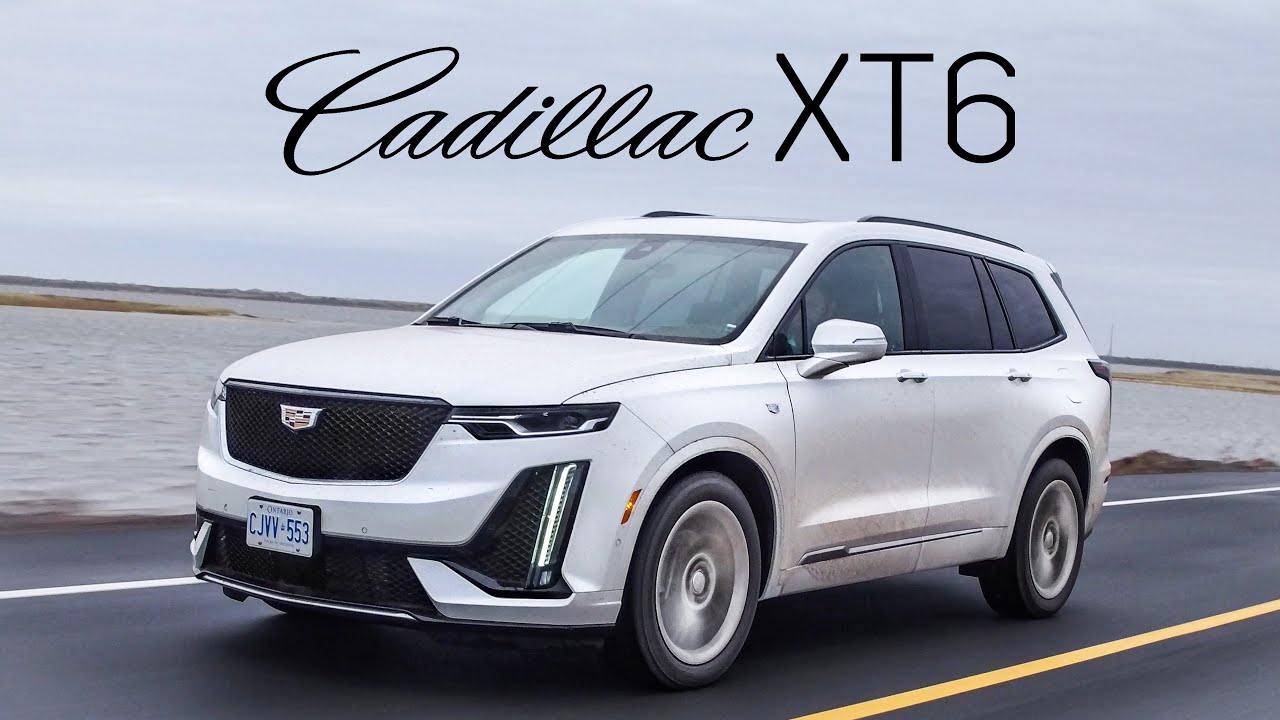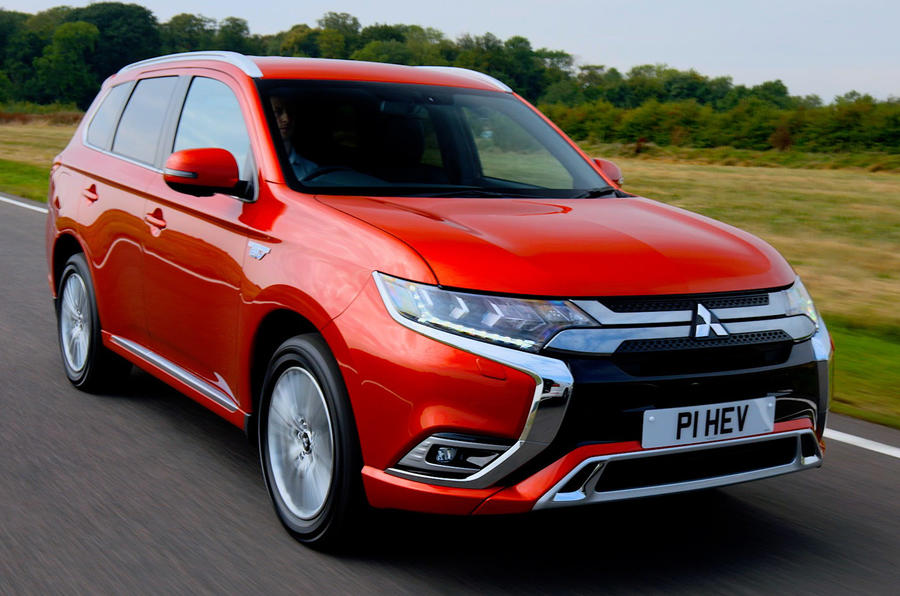Expenses and advantages of electric cars vs customary cars
Notwithstanding the kind of vehicle you are hoping to buy, there are a few expenses related with electric cars possession.
Picking electric cars over a customary, inside ignition motor (ICE) vehicle can bring about noteworthy long haul reserve funds.
On the off chance that you are thinking about acquiring another vehicle and are likewise taking a gander at an electric vehicle as a genuine alternative,
it is essential to comprehend where your costs will originate from,
and how electric cars can prompt various wellsprings of spending and sparing when contrasted with regular ICEs.
Fuel costs for electric cars versus gas-controlled autos
A quickly evident contrast among EVs and ICEs is their fuel source,
and thusly what you as a purchaser use to control your vehicle.
Frosts keep running on gas is scorched inside to control the vehicle, while EVs keep running on power.
Power can emerge out of numerous sources, including from the consuming of coal or gas,
or from inexhaustible sources, for example, sun based, wind, and hydropower.
A recent report from the University of Michigan’s Transportation Research Institute found that electric vehicles cost not exactly half as a lot to work as gas-fueled autos.
The normal expense to work an EV in the United States is $485 every year, while the normal for a fuel controlling vehicle is $1,117.
The accurate value contrast relies upon gas and electric rates where you live,
in addition to the kind of vehicle you drive.
Contingent upon your vehicle’s eco-friendliness rating,
the cash you spend to top off your gas tank will mean changing travel ranges.
“Eco-friendly” ordinary vehicles are intended to amplify their miles per gallon (mpg) rating,
therefore costing minimal measure of cash per mile voyaged.
A vehicle evaluated at 30 mpg will cost less cash in fuel after some time than a vehicle appraised at 20 mpg.
The expense to run an electric vehicle is somewhat increasingly muddled.
In spite of the fact that you don’t pay a gas siphon type expense each time you charge your EV battery,
the power being utilizing to charge your battery checks towards your home electric bill.
You can straightforwardly analyze power and gas costs when running an electric vehicle versus a traditional gas-controlled vehicle with the Department of Energy’s eGallon instrument.
This adding machine is refreshed consistently
This adding machine is refreshing consistently,
and thinks about the expense of traveling a mile on fuel versus a mile on power,
contingent upon where you live and vitality costs at the time.
By and large, the expense of power is diminishing in cost,
as sustainable power age costs fall lower and lower with headways in innovation and arrangement.
Upkeep costs for EVs versus non-renewable energy source fueled vehicles
The fuel used to control your vehicle is just one factor in the expense of vehicle proprietorship.
Specifically, vehicle upkeep expenses can pile up after some time.
With ICEs, motor upkeep can be an immense cash sink, particularly as autos age.
Changing the motor oil, coolant, transmission liquid, and belts can include in an incentive after some time.
By correlation, electric vehicles don’t have inward ignition motors, so these expenses vanish.
Widespread vehicle costs like tire and brake changes, protection,
and auxiliary fix are a piece of owning any vehicle,
yet EV proprietors stay away from a large number of the rehashed expenses related with burning motor upkeep.
Resource: energy sage




